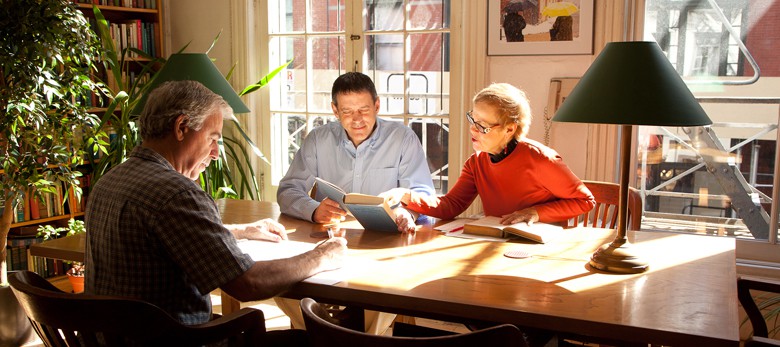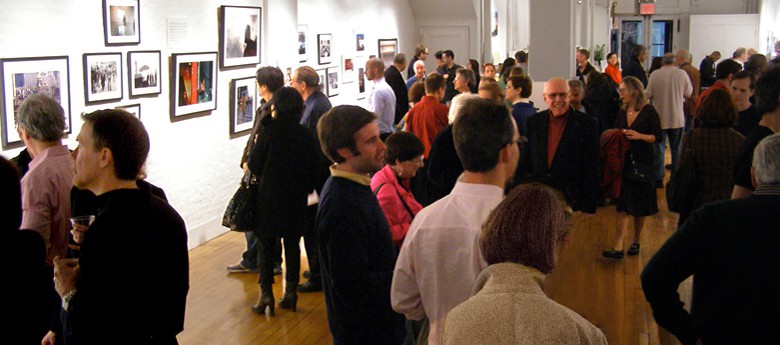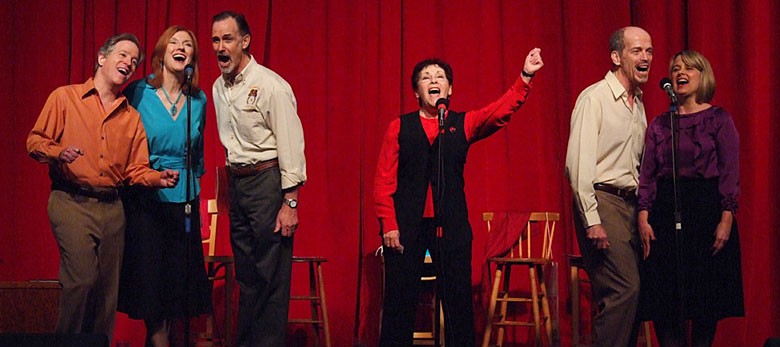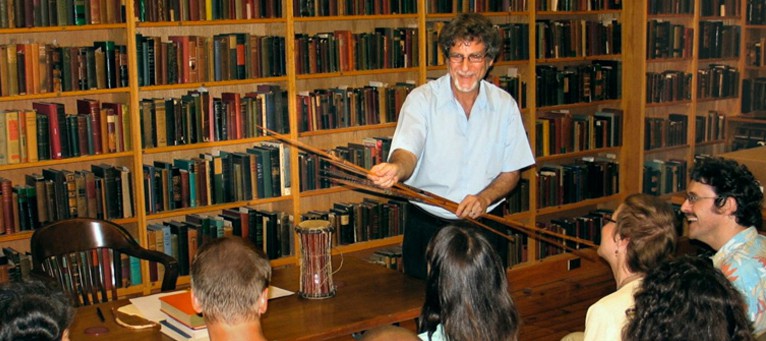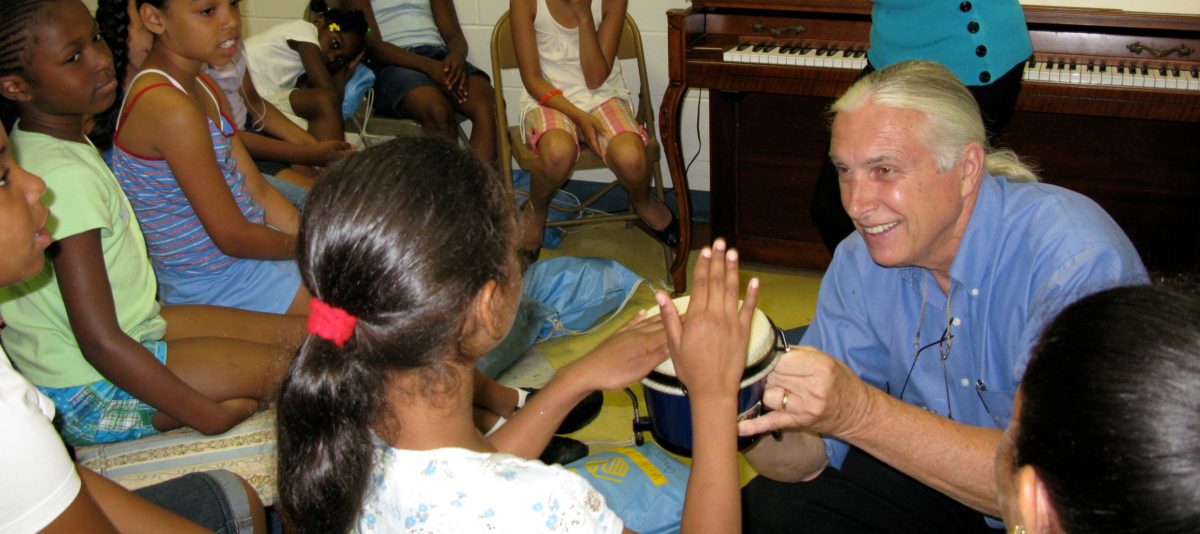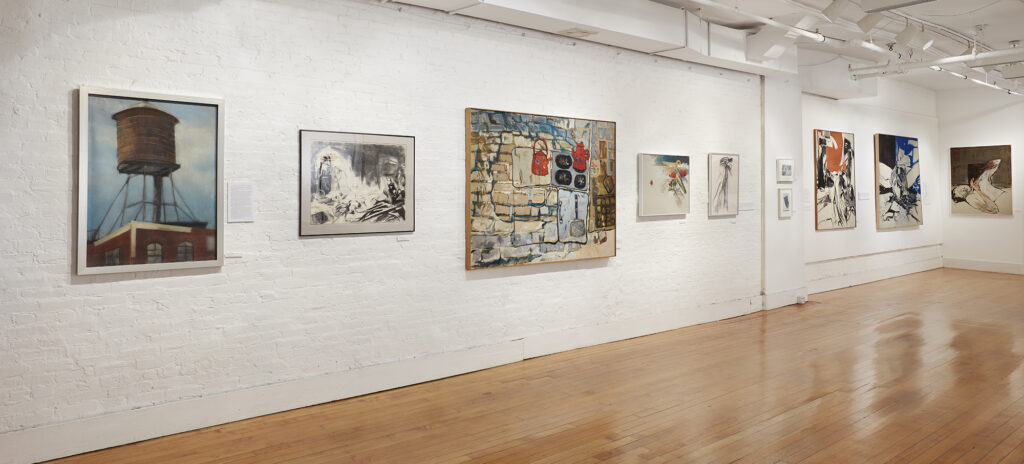WELCOME
The purpose of the not-for-profit Aesthetic Realism Foundation is to meet the urgent need for people throughout the world to see each other and reality fairly. Aesthetic Realism, the philosophy founded in 1941 by the American poet and critic, Eli Siegel, is a tremendous education in how to have that fairness.
Located in SoHo, NYC, the Foundation offers an exciting curriculum of classes—see the listing below—and individual consultations by video conference. When public events resume, there will be seminars and vibrant theatrical presentations. Through the principles of Aesthetic Realism, people of all ages understand themselves newly. Read more
Fall 2024 classes via video conference are now in session.
- The Aesthetic Realism Explanation of Poetry
- Anthropology Is about You & Everyone
- The Visual Arts & the Opposites
- The Aesthetic Realism Teaching Method
- The Opposites in Music
- “If It Moves, It Can Move You”: Opposites in the Cinema
- Understanding Marriage!
Want to audit a class? Contact the registrar at 212.777.5055, Mon–Fri, 2–6 PM (ET) or submit this brief form. Be sure to make your request at least 2 days in advance of the class.
A Letter of Hope & Urgency, by Margot Carpenter, Aesthetic Realism Consultant, Executive Director
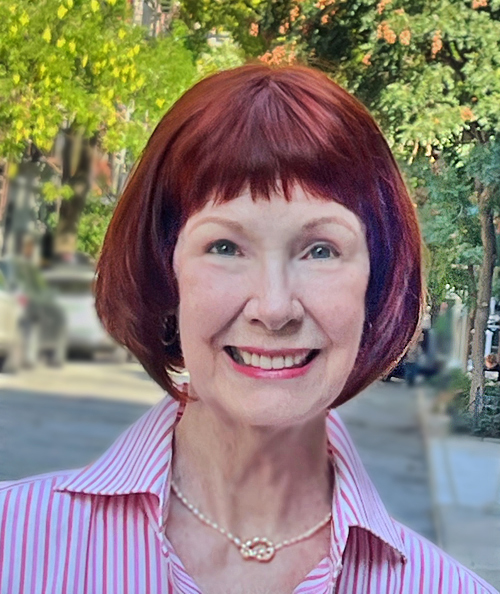
“At this time, when people are more aware than ever that justice is desperately needed in America and the world, I’m proud to be writing to you about the education that can have that justice really be ! It is Aesthetic Realism, founded by the great American philosopher, critic, and poet Eli Siegel. And it is based on this landmark principle: “All beauty is a making one of opposites, and the making one of opposites is what we are going after in ourselves.” Read more
“Like of the World versus Racism”
—was published in the summer of 2020, a crucial time in history. It explains three hugely important things: 1) the cause of all prejudice and racism; 2) the state of mind we need to have as we think about other people if we’re going to be just to them—including, very much, people who look different from us; 3) how the way of seeing in all true art is utterly opposed to racism. The means by which people’s minds and feelings can really change from prejudice to justice is in this issue of The Right of Aesthetic Realism to Be Known! Read more
 TWEET TICKER
TWEET TICKER
BLOG UPDATE
Carol McCluer, actor, training specialist, and Aesthetic Realism associate, writes: What makes a person successful?—getting a promotion at work, a bigger home, an expensive car? In my own life, after getting many of the things I thought I wanted, including singing and acting professionally, and getting the flattering attentions of various men, I was disappointed and weary and felt something big was missing.

